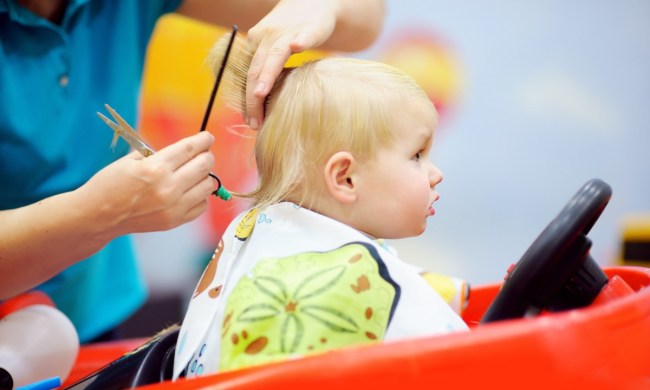Raising a child can be a difficult task. There is a lot to teach them, so it can be helpful to gather as many tips and techniques as you possibly can. One way is to research methods to reduce bad behavior and improve good behavior. No matter how much research you do, however, you can only do the best you can.
One bad habit of children is lying, which must be stopped as quickly as possible because it sets a bad precedent. Luckily, there are some great tips and methods for dealing with a lying child that will help get them on the path to truth and honesty.

Why do children lie?
Children lie for a variety of reasons. It is usually to cover up something bad they did, make a story more exciting, get attention, or avoid hurting someone’s feelings. Children are never malicious, but intentional lying should be corrected in order for them to live an honest and trustworthy life.
When do children typically start lying?
It’s helpful to know when the average child starts spewing fibs so you can keep an eye out for them. Children can start telling lies as early as 3 years old. This is around the age when children become aware that you can’t read their minds so they can get away with a few mistruths. Around the ages of 4 to 6 is typically when children start lying more frequently. They may learn to hide facial expressions that give away their lies, making them a bit more tricky to catch.

How to address lying
Encouraging kids to tell the truth, no matter what age, is important so they will grow up to become kind, honest, and respectful people.
Some helpful tips and methods to address lying include:
- Have conversations about the topic. The more you talk about lying and the negative impacts of it, the more your child will understand it’s something to avoid. By talking about it in a casual setting, you let your child understand why it’s wrong without shaming them. Keep these conversations fun and make telling the truth sound cool — because it is!
- Help your child avoid lying situations. You can’t always protect your child from lying, but you can be vigilant about it at home. If your child makes a mess with paint during craft time, instead of asking them if they made the mess, announce that you see the mess and suggest that the two of you clean it up together. This allows your child to avoid a situation where they might get defensive and feel the need to lie.
- Praise your child for telling the truth. Positive reinforcement is one of the best ways to encourage your child to practice honesty. Whenever your child owns up to a situation or tells the truth, you should praise them and recognize their honesty. You can treat them to something like a cookie or ice cream for being so good. This will only encourage them more and more to be honest each and every day.
- Be a good role model. Your children look up to you, so it is important to be a good role model for them. If you show them that you practice honesty, then they will follow your example.
- Make your child feel safe during confessions. If your child feels like they are going to be yelled at or reprimanded for telling the truth, they will be encouraged to lie. It is important to reassure your little one that they can tell you anything, no matter how bad. Always let your child know that you are on their side, regardless of what they have done. This doesn’t mean you can’t punish or discipline them, but they should feel like you understand them and appreciate their honesty.
Raising kids is a tough job. One important life lesson every child needs to learn is the importance of honesty. Children learn to lie at a young age, so it’s important to encourage honesty and trustworthiness while they’re still toddlers. Luckily, there are some great tips and methods that will help you be proud of your little one as they practice telling the truth.


